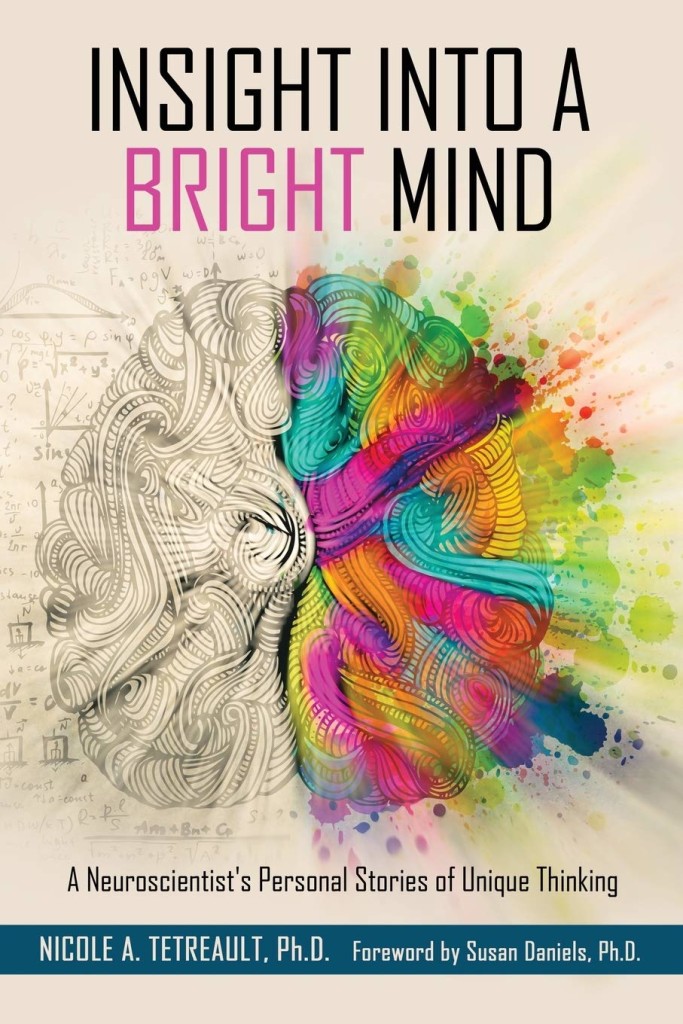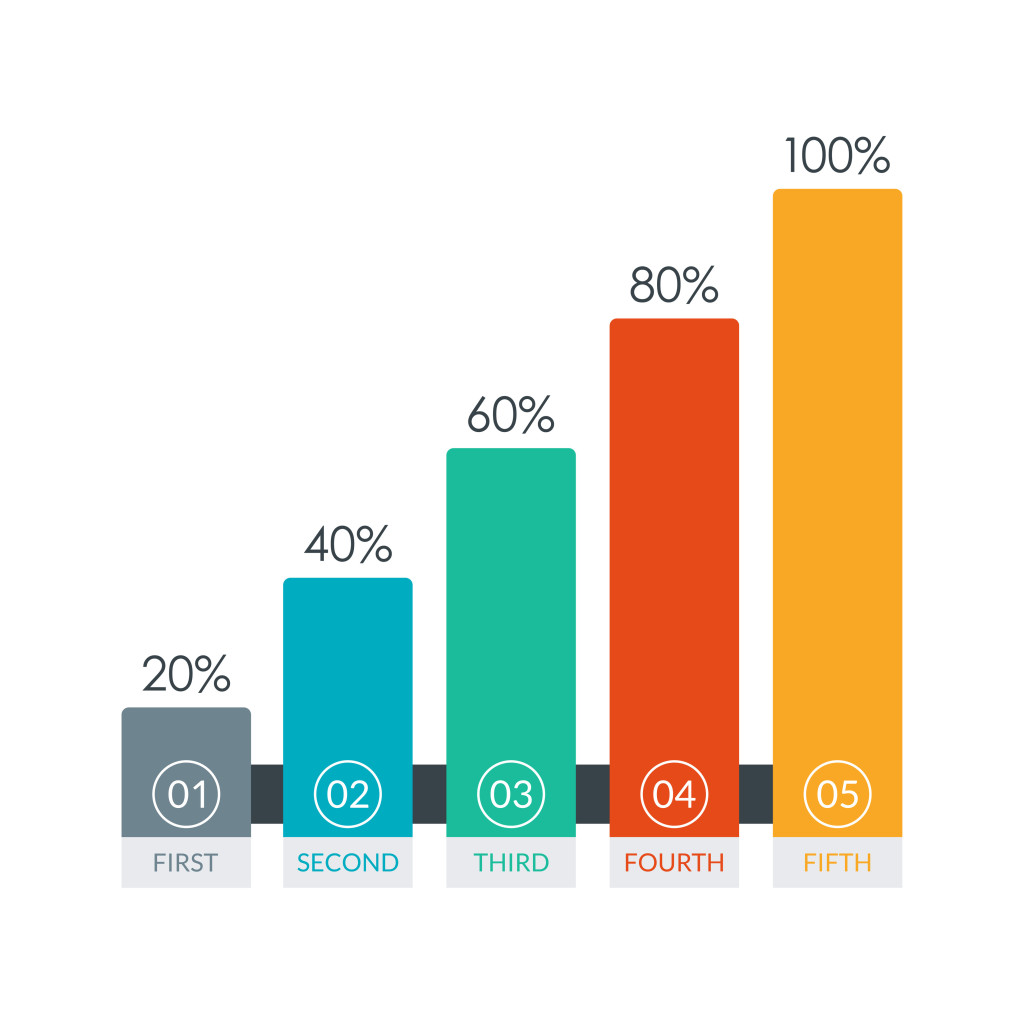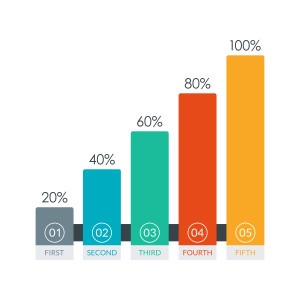This blog — and this company — exist to give good advice to everyone who cares about learning and teaching.
To accomplish that mission, we rely — as much as possible — on solid research.
An important part of our mission: to warn against bad advice. And, of course, we’re especially worried about people who give that bad advice with the label “All The Research Shows…”
So:
No, learning styles are not a thing.
No, Brain Gym doesn’t do anything special for your brain.
And no, “brain food” shouldn’t really grab your attention.
Like Celine Dion’s heart, the list could go on and on.
The Potential Joys of “Synchrony”
In recent years, I’ve seen an increasing number of claims about the importance of “neural synchrony.”
The claim sounds something like this:
“When students are working effectively together in groups, we see an increased level of neural synchrony among them.”
The technical definition of neural synchrony is complicated enough to stun a badger, but sounds more-or-less like what you think it would be: “neural networks in different people firing in ways that kinda rhyme.”
The good news about “neural synchrony” is that … well … it’s good. Right? I mean, it SOUNDS really good.
If my neurons are firing in ways that align with my students’ neurons, we can reasonably assume that something special and good is happening. Can’t we?
Before I answer that question, I want to back up a step and talk about the difference between psychology and neuroscience. (I promise: I’ll get back to all those synchronous neurons in a few paragraphs.)
Grab a Scalpal, or Grab a Quiz
As teachers and school leaders, we’re really interested in “stuff going on inside students’ heads.”
We have — to oversimplify things a lot — two basic academic approaches to studying “stuff inside the head.”
We might think like a biologist, and study all the damp and sticky stuff: neurons, and the pre-frontal cortex, and neurotransmitters, and blood flow, and the amygdala, and so forth.
We call this field neuroscience.
Neuroscience often requires gloves and scalpels, and occasionally fMRI and EEG gizmos.
Or, we might focus on mental function, and study things like attention, or memory, or motivation, or learning, or critical thinking, or curiosity.
We call this field psychology.
All of those mental functions result from something biological (studied by “neuroscience”), but we can study them without putting on gloves and grabbing a scalpel.
So, I might give my students a retrieval practice quiz and then measure how much they remembered a week later. This research involves psychology (I measured “remembering”) but not neuroscience (I didn’t look at biological stuff).
Here’s why we care: “neural synchrony” lies squarely in the world of neuroscience. We’re talking biology here.
The Charms, and Perils, of Neuro-Advice
Why does the difference between psychology and neuroscience matter? Here goes:
We live in a cultural moment when people REALLY CARE about neuroscience. If you want to get people excited about whatever you’re saying, throw the word “brain” into your title.
I mean, if eating blueberries benefits the brain, then we should all eat blueberries! Because: brain!! (Caveat: I don’t know of any special brain benefits to eating blueberries.)
For this reason, I assume, people seem to have gotten very excited about the topic of “neural synchony.”
Alas, our cultural fascination with neuroscience leads us to a willingness…even an eagerness…to believe neuro-guidance MUST be true.
If a teaching strategy helps my brain synchronize with my students’ brains, it must be gold standard. No?
No.
The ever-wise Pedro de Bruyckere has recently written about a study looking at “neural synchrony” between parents and children.
This study gets a bit complicated because it combines neuroscience (“neural synchrony”) with psychology (“attachment theory”).
But the headlines should force us to reconsider our all-too-easy assumption that “neural synchrony” must be a good thing.
Why?
Because: mothers who have a good enough relationship with their child (“secure attachment”) show LESS neural synchrony than those who have a difficult relationship with their child (“insecure attachment”).
Yes: in this one study, increased neural synchrony correlates with decreased quality of parent-child relationship.
De Bruyckere quotes the press release describing the study:
“Increased brain-to-brain synchrony may reflect a neural compensation mechanism to overcome otherwise less attuned interaction elements.” (emphasis added)
In brief, in this research, “neural synchony” doesn’t show that upliftingly good brain things are happening; it shows a compensation strategy for difficulties.
To be clear, I think it’s entirely possible that brain synchrony might — under other circumstances — reveal basically good things.
But we shouldn’t assume that “more neural synchrony” = “more good stuff.”
The Bigger Picture
Longtime readers will recognize a theme here.
Over and over (and over) again, teachers get neuroscience-flavored advice — advice that sounds really persuasive because it’s got brainy words attached.
Teach this way because oxytocin!
Start your lessons this way because amygdala!!
Schools should do this because neuroplasticity!!!
In every case, neuroscience research might make a teaching strategy plausible. But — and this is a really important point — we have to test the advice with actual students in actual classrooms first.
That classroom research will almost always be psychology (memory, attention, motivation) not neuroscience (neuron, fMRI, prefrontal cortex, EEG, dopamine).
So: should we be excited when we read about neural synchrony?
Only if the teaching advice that follows has been tested in classrooms first.
For teachers, neuroscience research is fascinating; psychology research is useful.












